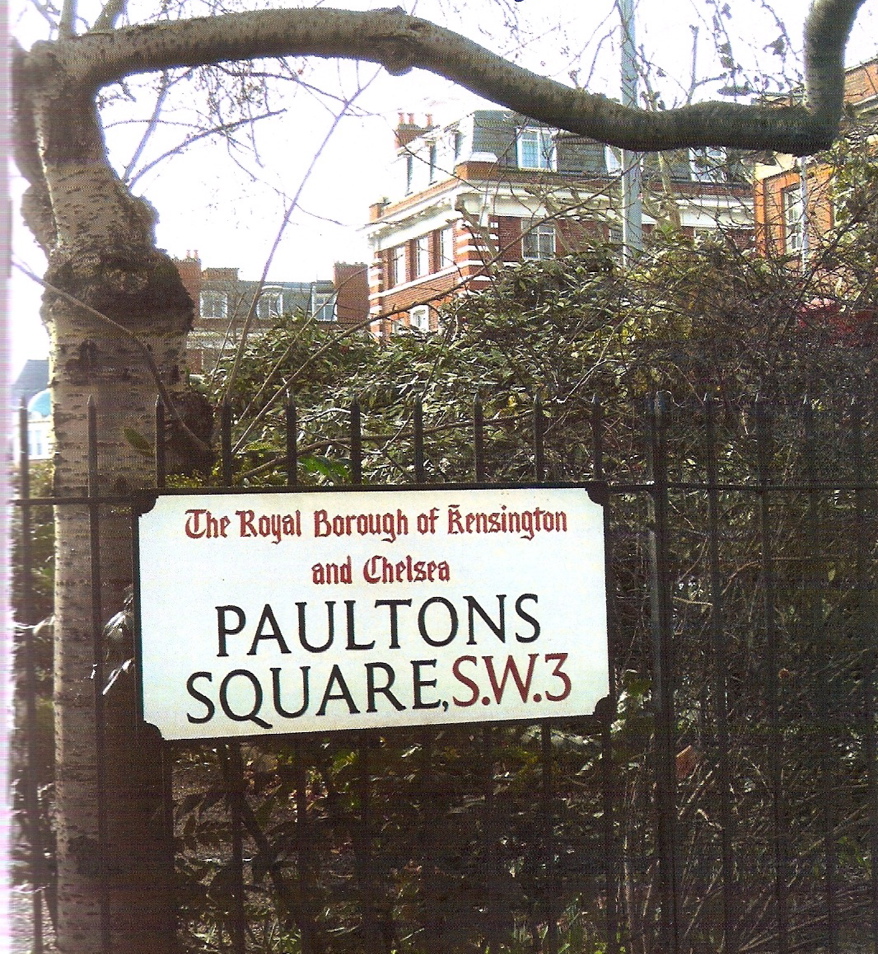|
JEAN RHYS USED TO LIVE THERE ONCE After Dr Celina Fox of English Heritage had spoken (for further details see my blog of 30 March 2012), it was my turn, and what I said before the unveiling of Jean’s blue plaque is as follows: There are now only a few of us left who had the good luck to have known Jean – and it’s nice to see that some of you are here today on this special occasion to honour and commemorate her. I say ‘luck’ because that’s something she’d always wish one when signing off a letter or saying goodbye. I definitely felt lucky knowing her during her last decade, from 1969-79. As a young writer in my late twenties I found this elderly woman in her late seventies to be inspirational, charming and delightful. Certainly not the difficult, angry creature portrayed by all too many axe-grinding or knife-wielding critics – whether self-aggrandising academics, proselytising feminists or glib journalists. Yet most creative writers do encounter envy, disappointments, poverty: Jean Rhys had more than her share of all that, and if she liked to drink, so what? Jean lived to almost ninety and she wrote, in longhand what’s more, wrote till the very end. She was a perfectionist, obsessive and observant, all her days. She loved to read, as all good writers do, and she read voraciously. And she loved to write poetry too. So if I call her a true poet, I mean to praise her imagination and craft: she could transmute experience, turn autobiography into Art, in the most concise, honest, unsentimental way. Her style was accurate and elegant, the product of drafting and redrafting, an endless search for le mot juste. In fact her love of French literature in particular had developed via her upbringing in Dominica and her later years living in France. Ford Madox Ford who influenced her so decisively, noted her “lurid sympathy for the underdog”, and that feeling and the elements I’ve mentioned coalesced in her most famous novel, Wide Sargasso Sea. It’s a modern classic and has been rightly praised, but all her work bears rereading. For instance, in their very different ways, two other novels, After Leaving Mr Mackenzie and Good Morning, Midnight – which was written here at Paultons House in the Thirties – are quite as intense and extraordinary. Jean felt herself to be a misfit, a black sheep and an outsider, meeting with suspicion and unexpected hostility in the Devon village where she ended up. Born such a long way from England, into a completely different culture and a far hotter climate, she always hated the cold. But still more she hated coldness of spirit and coldness of heart. Her protagonists for better or worse are imaginative projections of herself. They are women struggling against the odds, against society’s coldness, hypocrisy and injustice, and against poverty. In the process these women seem to love and hate both men and themselves equally. In her world, as in ours, life’s a universal battle for survival, not simply a local sex war. However, being able to express this in such a direct, unsparing, economical style made her unique. It shouldn’t be forgotten, either, that Jean Rhys was one of the best short story writers ever. In one of her last and most moving pieces, only a page and a half in length – a very poignant prose-poem entitled I Used To Live Here Once – she imagines herself going home. No one sees or addresses her on her return, for nobody can, since she is, literally, a revenant, a ghost. It only dawns on her in the final sentence, that she, the invisible narrator, is truly transparent at last – she cannot be recognized by the living. But now, here today, ghost or not, she is recognized, and recognized as one of the finest English language writers of the 20th century. That in itself is a marvellous kind of continuance and validation and a miraculous survival act. It’s justice done to Jean’s own restless shade: this plaque would have given her great pleasure, would have pleased her no end! And now it’s my own great pleasure to introduce Jean’s granddaughter Ellen Moerman… [Ellen then spoke briefly before unveiling the plaque] –––––––––––––––––––––––––––––––– I append a final few words, in haiku form, concerning Jean – the last I intend to write about her: THE AUTHOR/ITIES Nonsense must not shroud [from Travelling Light, Anarchios Press 2012]
|

